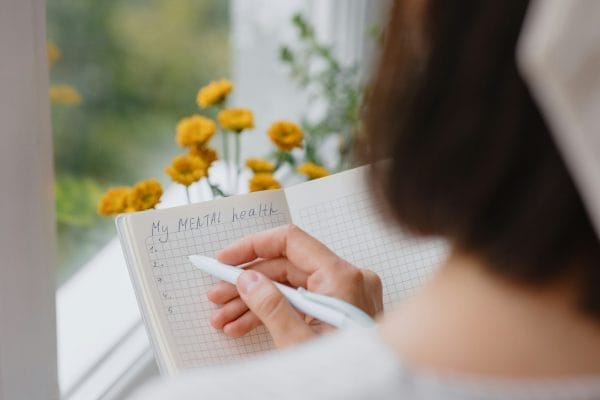Mindfulness: A Guide to Living in the Present
Mindfulness: A Guide to Living in the Present
Blog Article

With never-ending stress, practicing mindfulness has become essential.
Understanding Mindfulness
At its core, mindfulness is about noticing what’s happening in the present moment without resistance.
The concept of mindfulness is inspired by ancient Buddhist traditions but has been popularized in modern psychology and wellness practices.
Why Practice Mindfulness?
Practicing mindfulness can bring about various benefits, including:
- **Reduced Stress and Anxiety**
Mindfulness trains you to focus on the now, reducing stress and tension.
- **Stronger Mental Performance**
It rewires thought patterns for better decision-making.
- **Better Control Over Emotions**
Mindfulness guides you to stay calm in difficult situations.
- **Overcoming Insomnia**
Mindfulness reduces nighttime anxiety, making it easier to wake up refreshed.
- **Understanding Your Thoughts and Feelings**
By practicing mindfulness, you develop a deeper understanding of your mental patterns.
How to Practice Mindfulness
Mindfulness can be practiced in various ways. Here are some simple techniques:
1. **Focusing on Your Breath**
Take slow, deep breaths, noticing each inhale and exhale.
2. **Body Scan Meditation**
This practice reduces stress.
3. **Savoring Each Bite**
Eat weblink slowly, noticing the taste, texture, and smell of your food.
4. **Mindful Thinking**
Instead of overanalyzing thoughts, simply acknowledge them and let them go.
5. **Spending Time in Nature**
Nature is a natural mindfulness enhancer, helping you stay present.
Myths About Mindfulness
Despite its widespread practice, mindfulness is often misunderstood. Here are some common myths:
- **You Have to Stop Thinking**
Mindfulness is not about eliminating thoughts, but rather about observing thoughts without judgment.
- **You Need Hours to Practice**
Mindfulness can be done anytime, anywhere, even in quick exercises.
- **Mindfulness is Only for Spiritual People**
While mindfulness has historical connections to meditation, it is used in medical settings regardless of background.
Conclusion
Start with small steps and see the impact it makes in your overall well-being.
Why not give it a try? Every moment is an opportunity to be present! Report this page